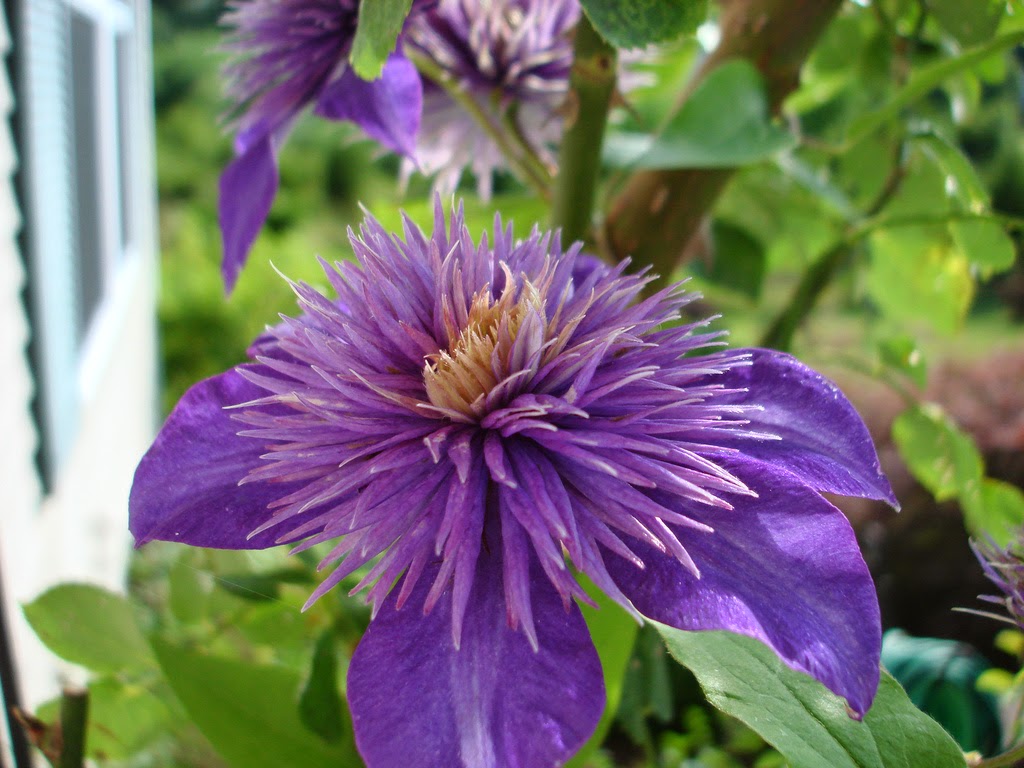Clematis tea benefits are widely recognized in the annals of traditional Chinese medicine for their anti-rheumatic, antidote, anodyne, antispasmodic and diuretic qualities.
Clematis refers to a genus of about 300 species of mostly woody climbing vines. There are clematis species that are shrubby while others are herbaceous perennial plants. Clematis species that grow in temperate regions of the world are deciduous while those in warmer climes tend to be evergreen.
Clematis species that are popular in European gardens actually came from Japanese gardens. These in turn were believed to have originated either in Anhui, Zhejiang and Jiangsu provinces of China where they were used extensively in traditional medicine. Clematis chinensis is the scientific name of the species used mainly to eliminate the effects of "wind-cold dampness" in the body.
Clematis tea benefits are imparted through the roots or rhizomes of the clematis chinensis. The roots are typically placed in boiling water for about 10 minutes. This decoction is then left to simmer for a further 5 to 7 minutes before being drunk. The resultant clematis tea has a pungent and salty flavor.
Considered a "warming" tea, this drink is believed to help disperse the accumulated cold in the body that results in aches and pains in the joints and muscles of the body. The dispersal action of this tea is said to result in the stimulation of the "qi" or the vital energy in the body needed for optimum body functions.
The active constituents of the clematis root that bring about clematis tea benefits are the following: protoanemonin, saponins, oleanolic acid, hederagenin, epihederagenin and aglycone.
The long-term use of clematis tea is not recommended as extended exposure to protoanemonin might lead to mucosal hyperemia and some skin disorders. Pregnant women and those with certain blood deficiencies are cautioned on the use of this tea.
The following are the clematis tea benefits attributed to this brew:
Clematis tea may help ease pains from arthritis and rheumatism caused by dampness and wind-cold factors.
Clematis tea may help relieve other joint pains and inflammation.
Clematis tea may aid in the relief of stiffness and numbness of the extremities.
Clematis tea may help relieve motor impairment problems.
Clematis tea may help fight muscle spasms.
Clematis tea may help eliminate phlegm and thus may be helpful against congestion-related ailments such as cough, colds, asthma and bronchitis.
Clematis tea has traditionally been used to dissolve fish bones that stick to the pharynx.
Clematis tea may help stimulate the circulation of the "qi" or vital energy through the vital meridians in the body.
Clematis tea may have certain anti-tumor effect, although more studies are needed to establish its viability in cancer treatment.



















0 comments:
Post a Comment